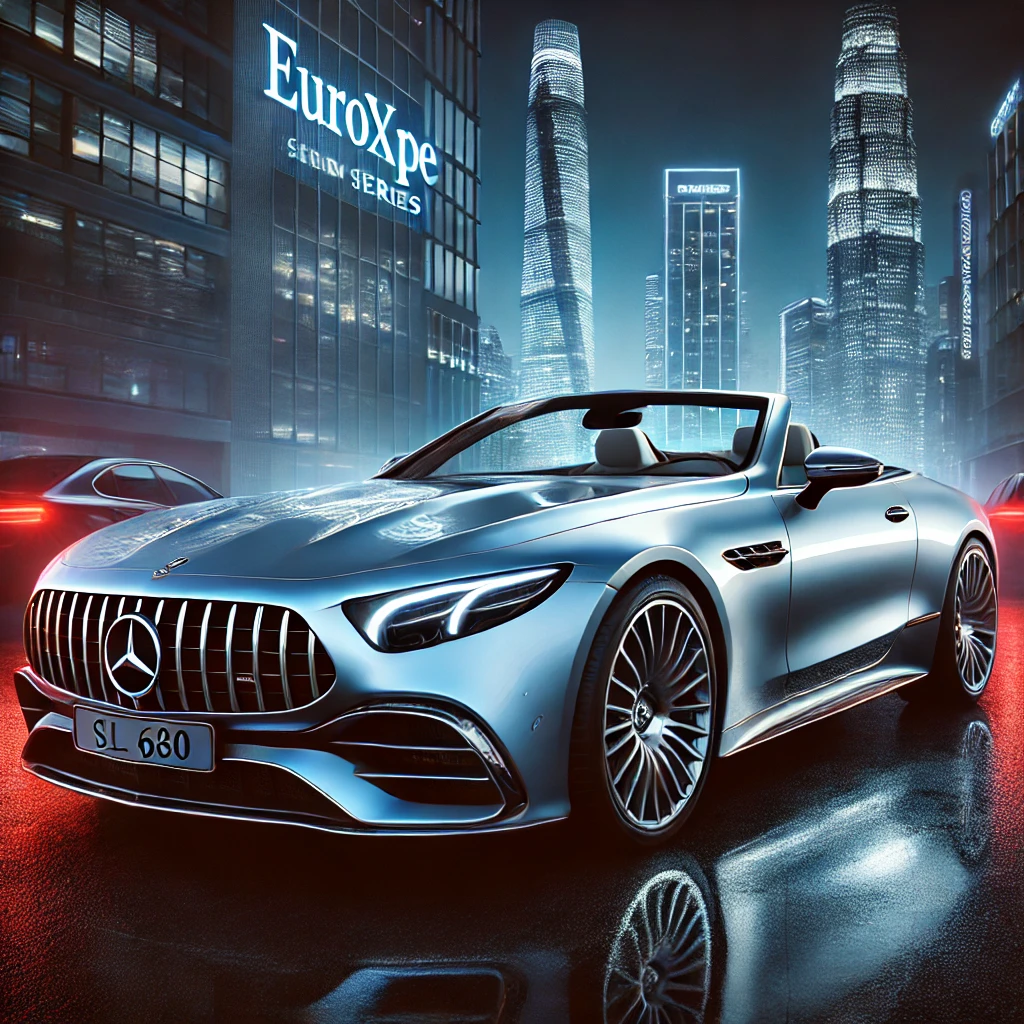The European Union (EU) is preparing to make a landmark decision regarding tariffs on Chinese electric vehicle (EV) imports by the end of October. This case, hailed by some as the most significant trade dispute between the EU and China in over a decade, has sparked widespread debate. The proposed tariffs, which could reach up to 36.3%, aim to protect the European automotive industry from what some perceive as unfair competition. However, the issue has divided not only countries but also automakers within Europe.
Impact on German Automakers
Germany, the largest European economy and a powerhouse in the automotive industry, has expressed serious concerns about these proposed tariffs. A key player in this debate is the German automotive trade association, which argues that such tariffs would harm Germany’s own automakers. German manufacturers have a strong presence in China, a market where they currently enjoy a significant trade surplus. This surplus is due to the high demand for German-engineered vehicles in the Chinese market. As a result, imposing tariffs could lead to retaliatory measures from China, potentially damaging a vital market for German companies.
A Different View from France and Italy
While Germany is wary of the tariffs, French and Italian automakers have voiced support for the measure. Unlike Germany, these countries have little to no presence in the Chinese automotive market. Italian and French carmakers argue that tariffs would help level the playing field within Europe, where they face increasing competition from Chinese electric vehicle manufacturers. Without a strong foothold in China, these countries are less vulnerable to any potential retaliatory trade measures and more focused on protecting their domestic markets from Chinese imports.
China’s Growing Global Influence in the Automotive Sector
Over the past few years, China has rapidly increased its global car exports, positioning itself as a dominant force in the electric vehicle market. Chinese automakers benefit from significant government support, a point often raised by those in favour of tariffs. Critics argue that China’s subsidies give its domestic car manufacturers an unfair advantage, allowing them to flood international markets with cheaper vehicles. According to William Reinsch, Senior Advisor and Scholl Chair in International Business at the Center for Strategic and International Studies, this state-led economic approach leads to overproduction and dumping of excess vehicles into foreign markets.
The Cost Advantage of Chinese Electric Vehicles
The cost disparity between Chinese and European EVs is staggering. Chinese automakers can produce a vehicle for as little as $5,500, while European manufacturers struggle to keep costs below $20,000. Felipe Muñoz, Senior Analyst at JATO Dynamics, attributes this cost difference to several factors, including government subsidies, lower labour costs, and higher economies of scale. Moreover, China has already secured a dominant position in the global battery supply chain, further driving down production costs for its electric vehicles.
Economies of Scale and Labour Costs
In addition to government support, Chinese automakers benefit from economies of scale that European manufacturers simply cannot match. With a larger production capacity, Chinese companies can produce more vehicles at a lower cost per unit. Additionally, labour costs in China are significantly lower than in Europe, further increasing their price competitiveness. These advantages, combined with the country’s control over the battery supply chain, make it incredibly difficult for European automakers to compete on price alone.
Will Tariffs Protect European Automakers?
While the proposed tariffs aim to protect European automakers from this surge in cheaper Chinese vehicles, it remains uncertain whether they will achieve the desired outcome. Many analysts caution that the tariffs could backfire, particularly for countries like Germany, which rely heavily on the Chinese market. Furthermore, China’s dominance in the electric vehicle industry and its control over the battery supply chain could make it difficult for Europe to significantly reduce imports of Chinese EVs. As Europe moves towards a greener future, it will need to find a balance between protecting its domestic industry and embracing the benefits of global trade.
In conclusion, the success of the EU’s tariffs on Chinese automakers remains to be seen. With such a complex web of interests at play, it is clear that the decision will have far-reaching consequences for the European automotive industry. Sources for this article include analyses from Reuters, Bloomberg, and the Financial Times.

